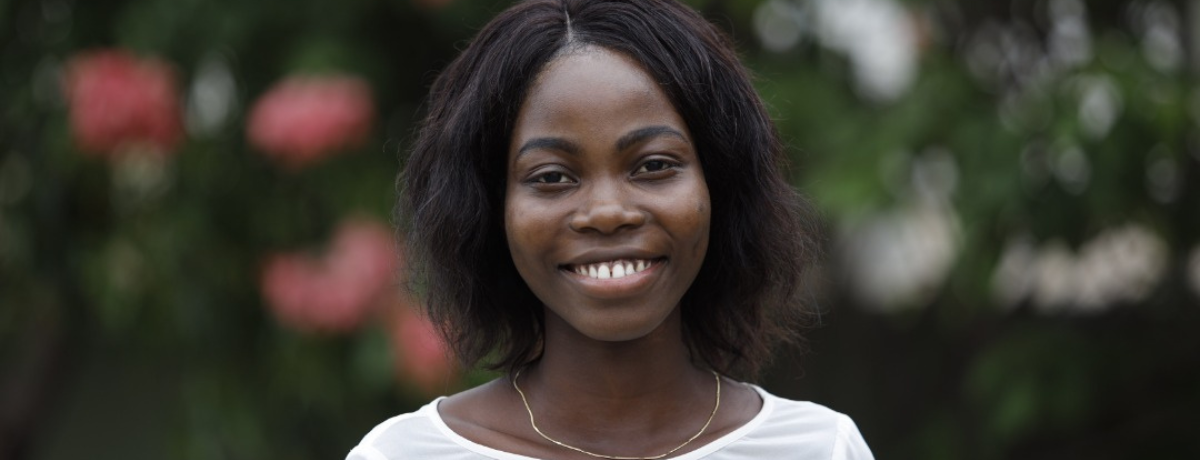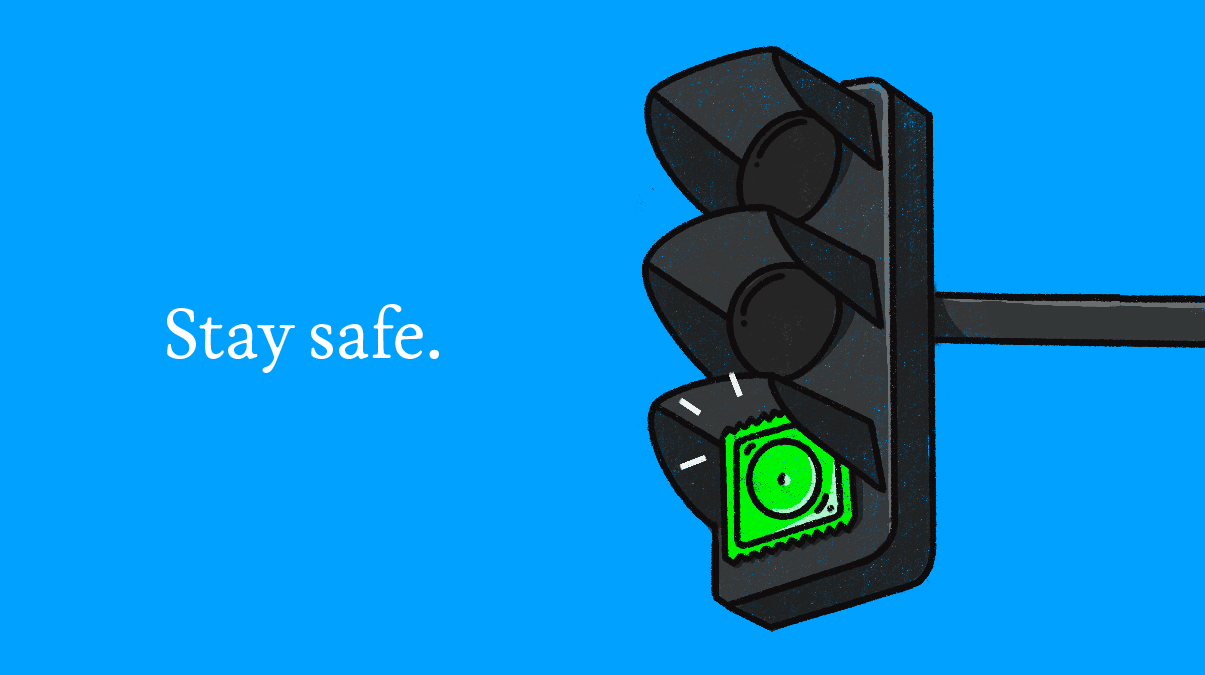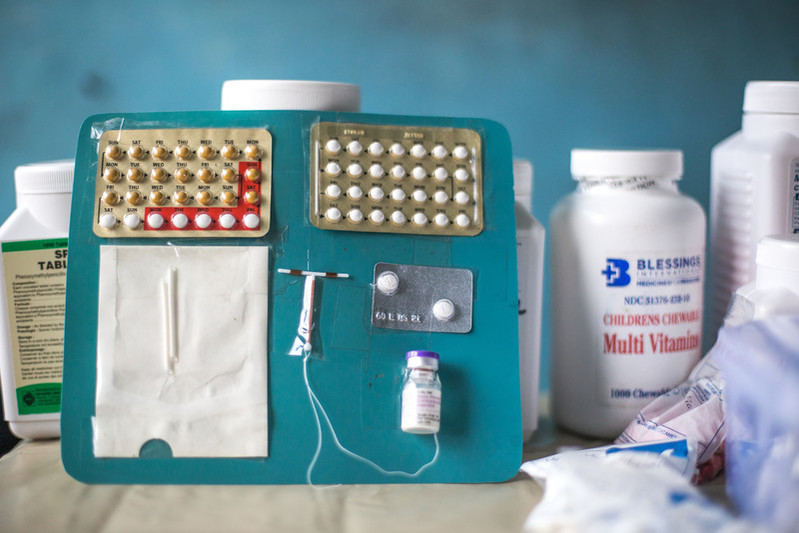By Riikka Kaukoranta, Väestöliitto (C2030E Finnish partner)
Inhabitants of the island in Vanuatu who have been forced to evacuate their homes in the wake of a volcano eruption are still facing uncertainty. Humanitarian response efforts have included pregnancy and delivery support, contraceptives such as condoms, injectables, implants and emergency contraceptives, and screening and management of sexually transmitted infections.
“We are staying in the church hall now here in the evacuation area. We evacuated our village, we couldn’t live up there anymore. We told the children not to be afraid, to be patient until it’s time for us to leave. They asked ‘What are we going to do? Are we going to leave? Or are we staying?’ But when they see the smoke they start to get afraid of the smoke, they would run into the house and the small one would cry. She would say ‘volcano, volcano!” describes Kwevire, 35, the situation after the volcanic activity of Manaro volcano worsened again in the island of Ambae, Vanuatu. First time the Manaro volcano erupted in September 2017 and it led to the island’s first full evacuation.
Over the past year the people of Ambae island have been forced to leave their homes twice after the Manaro volcano eruptions. Consequences of the catastrophes were devastating; the surrounding area was covered with thick ash that felt like you were about to suffocate, tainted water supplies, and even destroyed roofs. The government ordered the entire population of around 11,000 people to move to neighboring islands after declaring once more a state of emergency this August. The state of emergency for Vanuatu’s volcanic Ambae was extended to mid-November 2018 to allow the evacuees to acclimatise to their relocated homes.
First time the volcano erupted, Kwewire was 26 weeks pregnant with her eight child and was forced to take her family and leave their home. She recalls: “We saw the smoke and the fire coming out [of the volcano], it was really difficult to see. The authorities came to our village to move us out. First, we traveled by foot, then the rest of the way by truck. I explained to my eight children what was happening, but they were scared.”
Life in in the middle of a crisis can be difficult when one is responsible for multiple children. Back then, she had planned to deliver her last child on Santo Island and then have her tubes tied. However, her husband changed his mind about her doing this and she didn’t go through with the procedure.
Family planning services were delivered by the Vanuatu Family Health Association, through the International Planned Parenthood Federation, to the evacuated people, including to Kwerire who seized the opportunity and got access to long-acting reversible contraceptives. Without organizations ready to deliver family planning and other sexual health care services, people like Kwerire would not have the freedom to make decisions about their own bodies and care for their families at a time when they are most vulnerable.
Humanitarian crises increase the occurrence of sexual violence, exposure to sexually transmitted infections including HIV, and unintended pregnancies. According to United Nations there are more than 125 million people worldwide in need of humanitarian assistance. Among them there are 32 million women and girls of reproductive age. One in five of these women and girls is likely to be pregnant. Insecure situations bear their consequences; with more than 60% of maternal deaths taking place in humanitarian and fragile contexts, according to the UN Population Fund (UNFPA).
Violence and uncertainty affect women long after a crisis has ended. In Ambae, women reported feeling less safe in general due to there being less people on the island.
By providing services like family planning and counselling, it is possible to ease the life of women living in insecure climates. Organizations providing these vital services need resources.
Donor countries started to provide funds for sexual and reproductive health care services, including family planning, in refugee camps or as a response to natural disasters.
Norway is one of the countries that has included sexual and reproductive health as a top priority in their new humanitarian strategy. They have kept their promises to prioritize reproductive health by making sure it’s an integral part of their strategy. The measures considered include the provision of sexual and reproductive health services at health clinics and hospitals in conflict areas, and the use of mobile health clinics that can reach women in areas that are not easily accessible.
Kjersti Augland, Senior Adviser at Sex og Politikk and lead of Countdown 2030 Europe’s work on humanitarian aid says that “The Norwegian strategy is a good start, and we are hopeful that it will lead to an increase of efforts in this area. We are closely following the developments. Norway is not the only European country with a strong commitment to sexual and reproductive health, many others can follow suit. Governments need to recognise that increased support for sexual and reproductive health care in emergencies is an opportunity to see more women and girls safe, protected and enabled to get through what may be he most difficult periods of their lives.“
Sex og Politikk – C2030E partner – was instrumental in advocating for sexual and reproductive health and rights as well as for gender equality in a long consultation process leading to the adoption of the Norwegian humanitarian strategy.
– Interview with Kwevire originally taken by IPPF –
Read similar articles in our newspaper, Her Chronicles.



